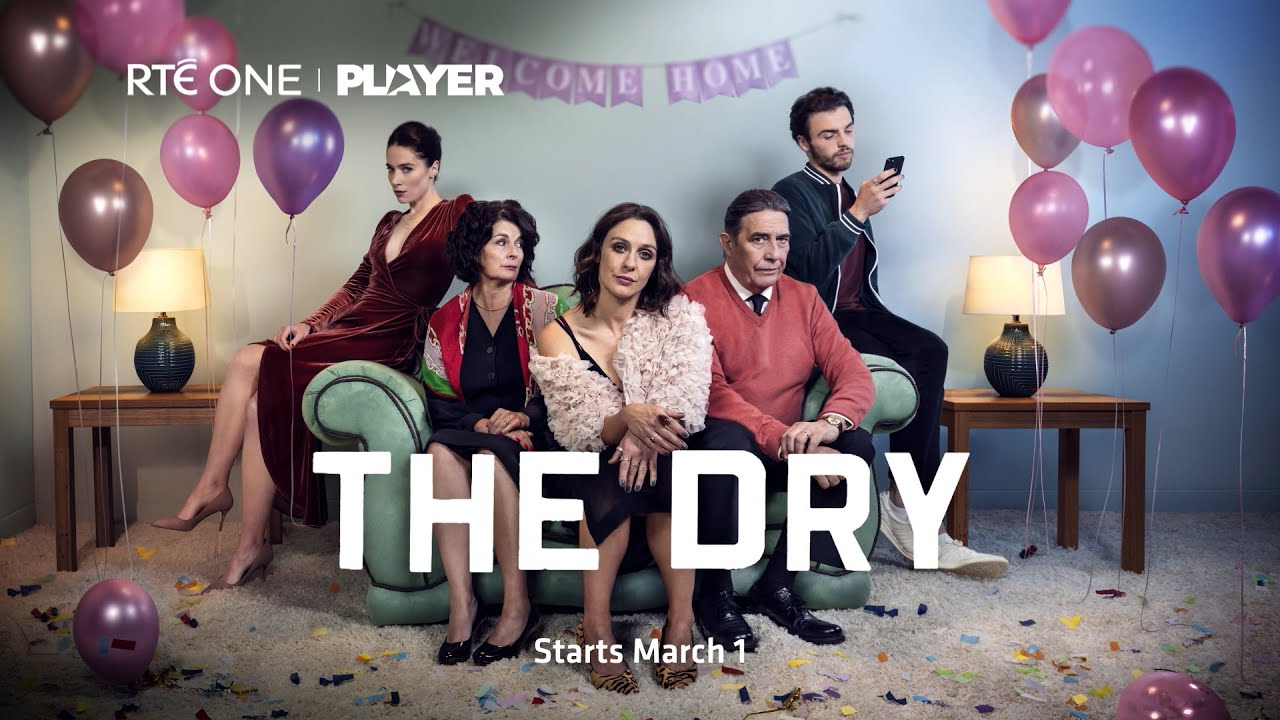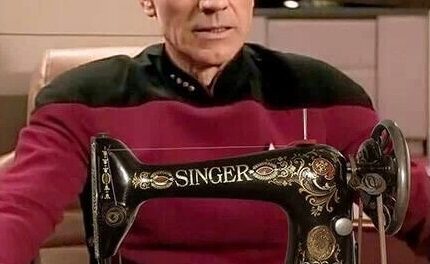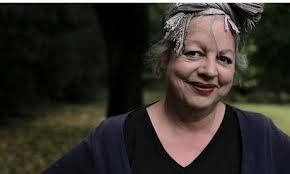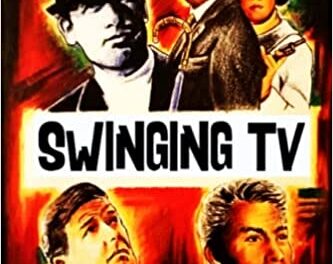Irish TV needs a strong female detective or crime sleuth in the vein of Agatha Christie’s Miss Marple or Anne Cleeves’ wonderful character Vera on ITV1, starring Brenda Blethyn as Detective Inspector Vera Stanhope of the Northumbria Police. It gets even better with Sally Wainwright’s creation, Happy Valley, set and filmed in the Calder Valley, West Yorkshire. Starring Sarah Lancashire as the eminently practical police sergeant, Catherine Cawood, this pioneering crime drama series is also co-directed by Wainwright. Added to this illustrious list was the ground-breaking Prime Suspect, created by crime writer Lynda la Plante, starring Helen Mirren as the complex and at times unempathetic Jane Tennison, one of the first female Detective Chief Inspectors, who rises to the rank of Detective Superintendent in London’s Metropolitan Police. The series was inspired by the real-life experience of former senior police officer Jackie Malton, who allowed la Plante an insider view of the rampant sexism within the London police force. Stateside, it’s hard to overlook the lasting impact of Cagney & Lacey, the crime drama series crafted by Barbara Avedon and Barbara Corday, which Avedon also directed.
What all of these aforementioned crime dramas have in common is that these strong female detectives were created by women who knew their characters and their terrain well, be it London, Northumbria, West Yorkshire or New York. All aspired to create strong, relatable female crime investigators, a cohort sadly missing on Irish television.
This is a surprise because in Ireland, just like in the UK, we have top-notch female crime writers who understand the darker and penumbra areas of Irish life. Their skills should be nurtured and honed by Irish TV bosses on RTÉ and Virgin Media to adapt their best-selling novels to the small screen. For example, Irish author Sinead Crowley’s Detective Sergeant D.S. Claire Boyle, in One Bad Turn, would make a gripping TV lead detective; or indeed, Irish crime writer Jess Kidd, whose super sleuth, Irish care worker Maud Drennan, is ideally crafted to embody a female TV detective who is attuned to the nuanced nature of Irish society.
That is not to say that Irish television drama has not had its own recent golden era of strong female TV characters, most of which were written by women. These include formidable females of family dramas such as Smother, SisterS and The Dry.
The latter RTÉ drama series was written by BAFTA-nominated Nancy Harris, about her own experience of Ireland’s complicated relationship with alcohol. Northern Ireland actor Roisin Gallagher plays the very relatable recovering alcoholic Shiv Sheridan, whose attempts to stay on the wagon are simultaneously tragic and comic. Harris’s script allows audiences to focus on the female alcoholic, a figure historically portrayed on Irish television as male and menacing. Notably, that menacing alcoholic father is the end product of SisterS, starring Sarah Goldberg and Susan Stanley, who created, wrote, produced and starred in this insightful pursuit of a father who never fails to disappoint. Lest we should forget also the international success of shows like Bad Sisters, created by Sharon Horgan, and Derry Girls, written by Lisa McGee, all highlighting the fact that Irish female writers are eager to create complex, three-dimensional women who are not afraid to show violence as well as tears. Nonetheless, women write all these aforementioned Irish dramas, but not one is directed by a woman. Why not?
This issue was addressed in an article called “Men get cameras, women get clipboards” by Harrison Bennett in the December 2023 edition of Television Magazine. Although this article primarily explores gender disparity in factual TV, it also cites some interesting statistics from a report by Creative Diversity Network based on its six-year overview of Diamond data from 2016-17 to 2021-22. The report found that among the “key creative and authorial roles of writer, director and producer/director… the gender gap is widening”. The Diamond data shows that the disparity cuts across most genres, but stark gender gaps exist from producer/director to director and series director, where men dominate at 73%, 74% and 94%. Thus, the author concludes the cliché that “men get cameras, women get clipboards” still rings true. However, unlike RTÉ and Virgin Media Ireland, efforts are being made by the BBC, Channel 4 and The National Film and Television School to bridge that skills gap by launching a training programme for female producers called Female-Self Shooters.
Nonetheless, it is not all bad news for female creatives in Ireland. In fact, on a very positive note, Ireland is one of the first countries in the world to recognise the enormous contribution of Casting Directors. This year, the Irish Film & Television Academy (IFTA) not only established a dedicated Academy Chapter for Casting but also announced the first IFTA Casting Director Award, which will be presented at the 2025 annual IFTA Awards. Notably, many of Ireland’s top casting agents are women. These include Louise Kiely (Emmy nominee for Normal People, The Banshees of Inisherin) and Carla Stronge (3 times Emmy Award Winner for Game of Thrones). The introduction of the Casting Director Award in Ireland builds on the Irish Academy’s honouring of two Veterans of Casting with IFTA Lifetime Awards for Nuala Moiselle (Vikings, The Secret Scripture) in 2007 and Ros Hubbard (The Commitments, Far & Away) in 2018.
Finally, with the Irish government’s recent extension of the Section 481 tax credit from €70m to €125m, Ireland is a paradisal location for film and TV dramas. This will keep Irish casting directors busy as they seek local and international acting talent for lead roles. It is hoped that at least one of those roles is an Ireland-based female-driven detective drama series written by a woman and, dare I say it, directed by a woman. It’s time to throw away those clipboards!
Dr Finola Doyle O’Neill is a Broadcast and Legal Historian at the School of History, University College Cork, where she lectures on Irish Film and Media History.






